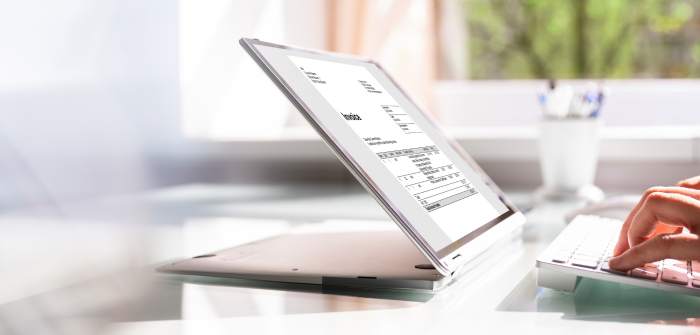
The United Arab Emirates (UAE) government has proposed to implement a mandatory e-billing system for business-to-business (B2B) transactions starting July 1, 2025. This means that all businesses in the UAE will be required to issue and receive electronic invoices for all B2B transactions.
The e-billing system is being implemented as part of the UAE's efforts to digitalize its economy and improve the efficiency of its tax administration. The system is expected to reduce the time and cost of processing invoices, improve compliance with tax laws, and make it easier for businesses to track their financial transactions.
What is e-billing?
E-billing is the electronic transmission of invoices between businesses. This means that instead of sending paper invoices, businesses will use a secure electronic platform to send and receive invoices.
The e-billing system will be implemented in two phases. The first phase, which will begin in July 2025, will require businesses to issue and receive electronic invoices for all B2B transactions over AED 50,000. The second phase, which will begin in July 2026, will require businesses to issue and receive electronic invoices for all B2B transactions, regardless of the amount.
Benefits of e-billing
There are many benefits to the e-billing system, including:
How to prepare for e-billing
If you are a business in the UAE, you should start preparing for the implementation of the e-billing system. You can do this by:
Registering for an e-invoicing service provider. There are a number of e-invoicing service providers in the UAE, so you should shop around to find one that meets your needs.
Ensuring that your accounting system is compatible with the e-billing system. Most accounting systems are compatible with e-billing, but you should check with your software provider to make sure.
Training your staff on how to use the e-billing system. The e-billing system is relatively easy to use, but it is important to train your staff so that they know how to use it correctly.
Fines for non-compliance
Businesses that fail to comply with the e-billing system will be subject to fines. The fines for non-compliance will start at AED 5,000 for the first offense and increase to AED 10,000 for subsequent offenses.
Conclusion
The e-billing system is a significant step forward for the UAE's digital economy. It is expected to make it easier for businesses to do business in the UAE and to improve the efficiency of the government's tax administration.
© 2026 Business Consultant & Law Firm - Legacy Partners. All Rights Reserved.
Designed by Nuewelle Digital Solutions LLP

Legacy Partners
We typically reply in a few minutes